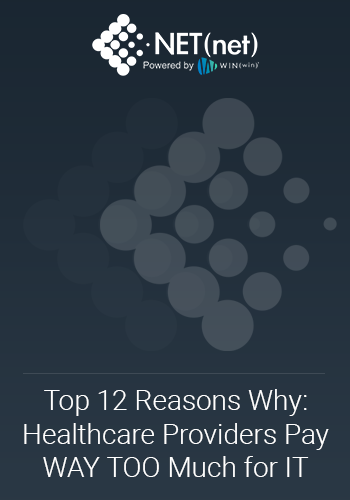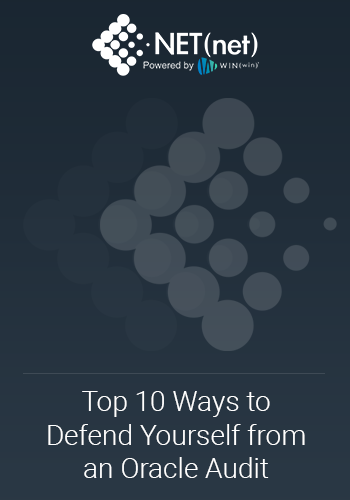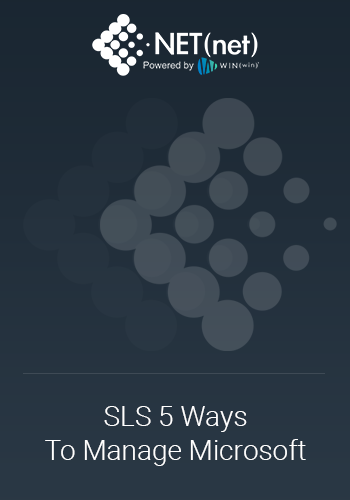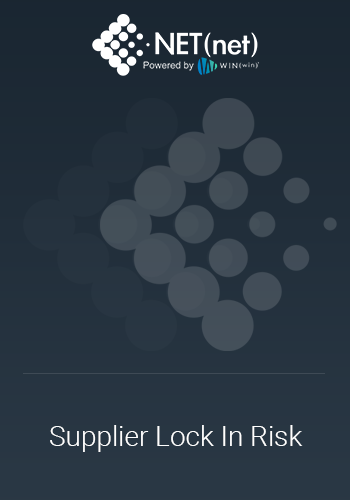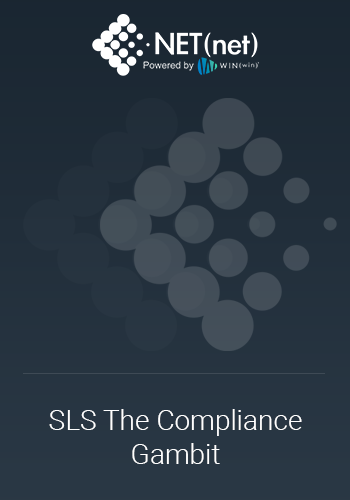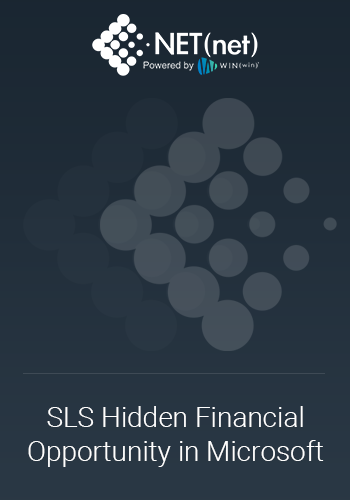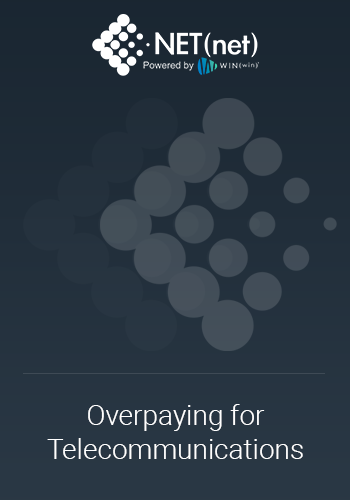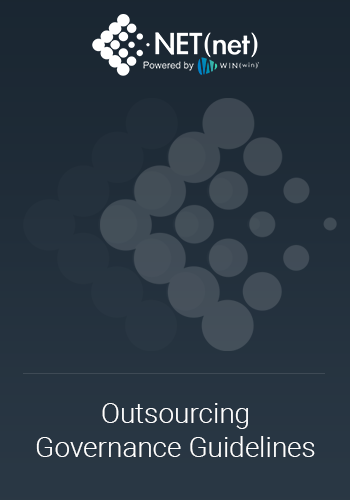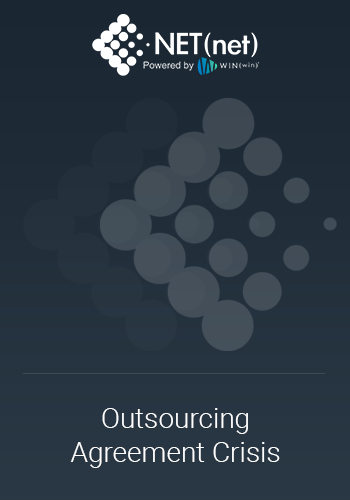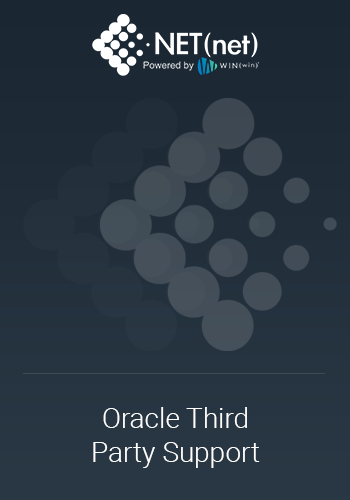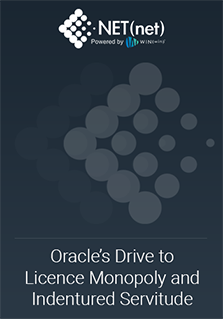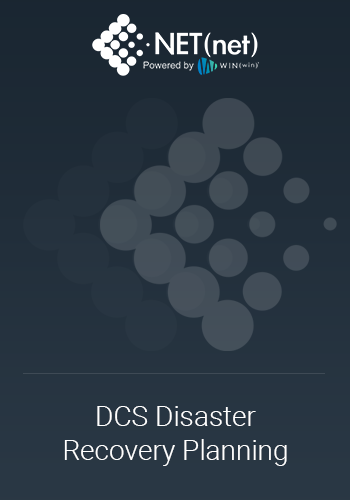NET(net) is often engaged with our European clients after their Data Centre migration/transition phase has completed and the initial glow of clients and suppliers 'moving in together', 'redecorating' and ‘renovating’ and really getting to know each other has worn off!
Ideally, for clients to maximize their strategic and economic benefits, it is better to get NET(net) involved much earlier in the process, even prior to the client/supplier matchmaker/courting process, but when we get involved later in the relationship, these are typical challenges we see:
1) Variance from initial sizing assumptions.
This is to be expected with large, distributed, multi-group organisations since it can be incredibly difficult to get to a 100% accurate inventory. Mechanisms exist to address this variance (e.g. Additional and Reductions to Recurring Charges compared to a baseline).
2) Pricing - unit level and during transition
It is always a challenge for organisations to get credentialised pricing comparisons that are not based on high-level CIO forum discussions or broad surveys across industries and regions.
Consequently, having the ability to ensure pricing is equitable for the market, industry, region, client and supplier is critical.
Once this is available, careful attention needs to be given to how pricing is applied during transition to make sure clients are not needlessly over-billed for current and future landscapes or additional projects, as an example.
3) Structure
How does the existing agreement allow you and your provider to adjust the fundamental agreement structure to better align your collective interests to ensure greater success down the road?
If the managed services element utilizes resources that are not yet credentialised in the business, how does your agreement allow for adjustments to that as needed?
In a recent example, one of NET(net)’s high-tech clients has internal users that are typically more knowledgeable and more qualified to troubleshoot and resolve IT related issues than the managed services provider resources. How can this be addressed in an equitable way?
4) Management
A lot has been written about Outsourcing Relationship Management (ORM), however in NET(net)’s experience, it is often bolted on to a relationship rather than being an inherent part of the initial agreement. Clearly defined expectations and processes can help alleviate natural tensions in this kind of relationship.
Since normal business dynamics can ensure that large agreements are renegotiated within 18 to 24 months and typically over 50% of all agreements are renegotiated within the first 3 to 4 years, it’s to be expected that change will occur. A critical enabler in this situation is to ensure the agreements are initially structured in a way that ensures this is not punitive to either party but rather allows an equitable recovery of fair costs and above all is a partnership that means providers will retain the business if the client is satisfied.
Critical: NET(net) achieves the best performance and success when involved as early as possible in the initial Data Centre/Managed Services planning effort and helps ensure that your subsequent agreements are fully optimized, equitable and sustainable.
NET(net)’s Website/Blogs/Articles and other content is subject to NET(net)’s legal terms offered for general information purposes only, and while NET(net) may offer views and opinions regarding the subject matter, such views and opinions are not intended to malign or disparage any other company or other individual or group.
For more information about NET(net) IT Investment Optimization Services and how NET(net) can help you Find Value, Get Value, and Keep Value in your respective data centre/managed services agreement(s) for sustainability, contact us today by email at info@netnetweb.com, by phone at +1 866 2 NET net

